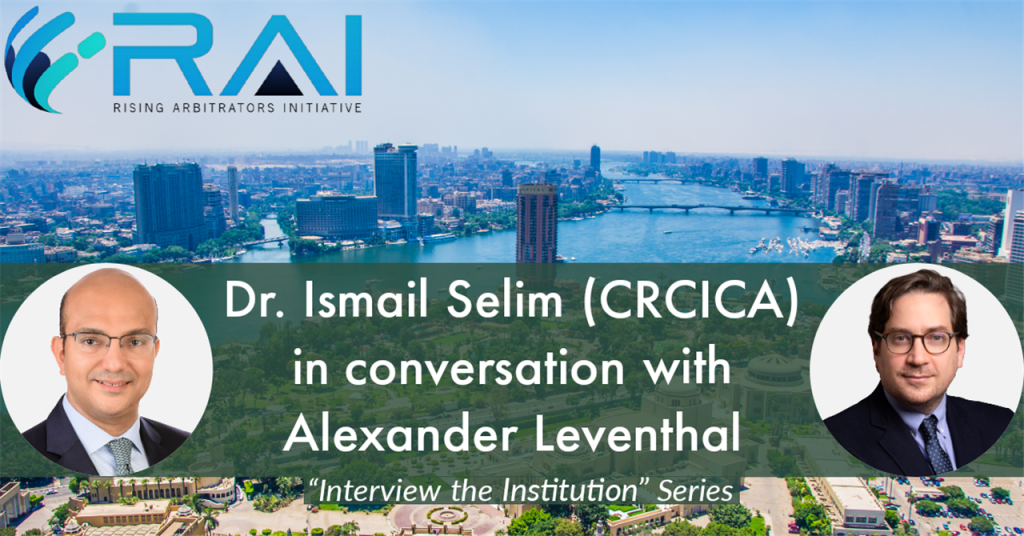Training Course on: Comparative Commercial Arbitration – Theory and Practice
On 5-12 December 2020, CRCICA organized a new round of the Training Course on “Comparative Commercial Arbitration: Theory and Practice (CCATP)”. The course was held annually by CRCICA since 2011 and was accredited by the CIArb in 2016.
The course held in December 2020 was the first course organized under CRCICA’s renewed license as “Recognized Course Provider (RCP)”. It was accredited as equivalent to the CIArb Module (I) on international arbitration and qualifies successful candidates to apply for the membership of the CIArb.
The course program covered the most important issues in international arbitration and ADR: an overview of ADR mechanisms, arbitration agreements, arbitral tribunals, arbitral proceedings, arbitral awards, and post-awards remedies.
The course was tutored by Prof. Dr. Mohamed S. Abdel Wahab; Chair of Private International Law and Professor of International Arbitration at Cairo University; Founding Partner & Head of the International Arbitration, Construction, Oil & Gas and Projects Groups, Zulficar & Partners Law Firm; and Vice-President of the ICC International Court of Arbitration, Prof. Dr. Mohamed Abdel Raouf; Attorney at Law, Partner and Head of the International Arbitration Group at Abdel Raouf Law Firm, and Associate Professor at Université Paris 1 Panthéon-Sorbonne, Dr. Ismail Selim; Director of the CRCICA, Vice-Chairman of the CIArb Egypt Branch, Lecturer at Pantheon Sorbonne University Paris I (Cairo Branch), and Dr. Dalia Hussein; Deputy Director of the CRCICA, Lecturer of Commercial and Maritime Law at the Faculty of Law Zagazig University and Adjunct Professor of Law at the American University in Cairo.
Reference texts comprised an unprecedented collection of documents including the most recent institutional rules, model and national laws, guidelines, and code of ethics. It also included comparative state court decisions from the most important jurisdictions and a large number of analytical articles by renowned scholars and expert commentaries.
Participants were mostly lawyers, civil and construction engineers, and academics.






Leave a Reply